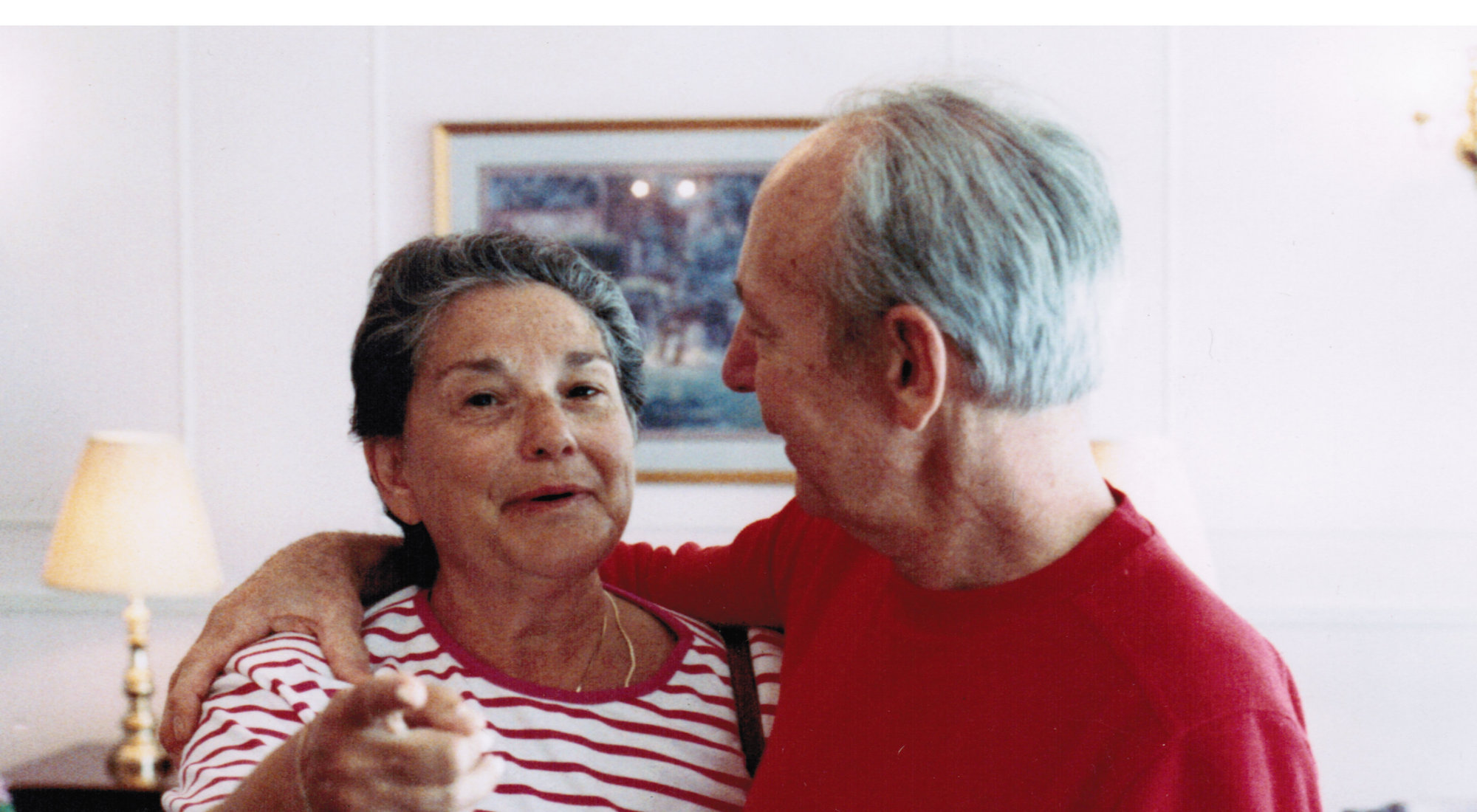This post is a guidance sheet to be given to respite caregivers to assist them in providing respite care to your loved one. Please use this for both formal and informal respite care support. best wishes.
MAP Guidance for Our Respite Caregivers
Thank you for caring for us. The purpose of this guidance is to help ensure that your time with __________ is joyful and warm. ________ is in the early stages of Alzheimers Disease. By following this guidance, you can help us support _________ ‘s changing capacities to enable _________ to stay here, happy and safe, to tap into good old memories, and create safety in his/her the present experience.
Always wear your name tag. ______ may not always need it, but it is always helpful for it to be visible. Please introduce yourself each time when you arrive. With a smile, look into __________’s eyes, say your name and that you are here as a friend to spend some time together. A simple “Hi ____, it’s _____, your friend” is all that is needed. It gives _____ a clear reference point and makes for a great start to the visit.
When speaking to __________, please speak in short and simple sentences. Long dialogues with detailed explanations are not helpful. Brief conversations with breaks are better than long conversations. Please ask questions so that the answer is either yes or no. Do not ask ____ to answer questions that requiring choices beyond yes and no. If there are options, ask yes/no questions in sequence and stop when a yes answer is given.
Listen to what ____ says. Sometimes it will be easy to understand, sometimes not. But that doesn’t matter. The only thing that really matters is confirming that you hear what _____ is saying, and that you are there as a friend, happy to be supportive. Do not get confused by unclear content or by questions that seem to ask for you to respond to the content expressed or hinted at.
The real question, always, is based on ______ feeling uncertain and perhaps frightened, so fundamentally, it is “Can you help me feel safe.” Don’t tell _______ that he/she is safe, and expect that to be responsive in his/her understanding. He/she need to actually feel safe. Soft tones in your voice, gentle touch on the hand or arm, and affirming that you hear what is being said. Use your body language and the intonation in your voice to convey the experience of being safe.
Tasks and Games are great things to do together. Here is a list of things ______ enjoys (examples: playing card games like “go fish” or “high Card wins”, gardening, listening to and singing old songs together, looking through photo albums). Of course, just sitting having tea or walking together is wonderful.
When walking with _______, loop your arm through his/hers. That way, your looped arm gives _______ cues for the direction you are heading, the speed to walk at, and when to turn or go straight. It also helps ______ to avoid tripping accidents by providing extra stability when going up and down steps.
Do NOT turn on the TV unless it is to stream something, or watch a DVD, without commercials.
The one constant is love and affection. Remember that loving kindness eases every difficulty.
Don’t hesitate to ask me for suggestions to make your visits special for both __________ and you. Again, welcome to our home and thank you for your support.

